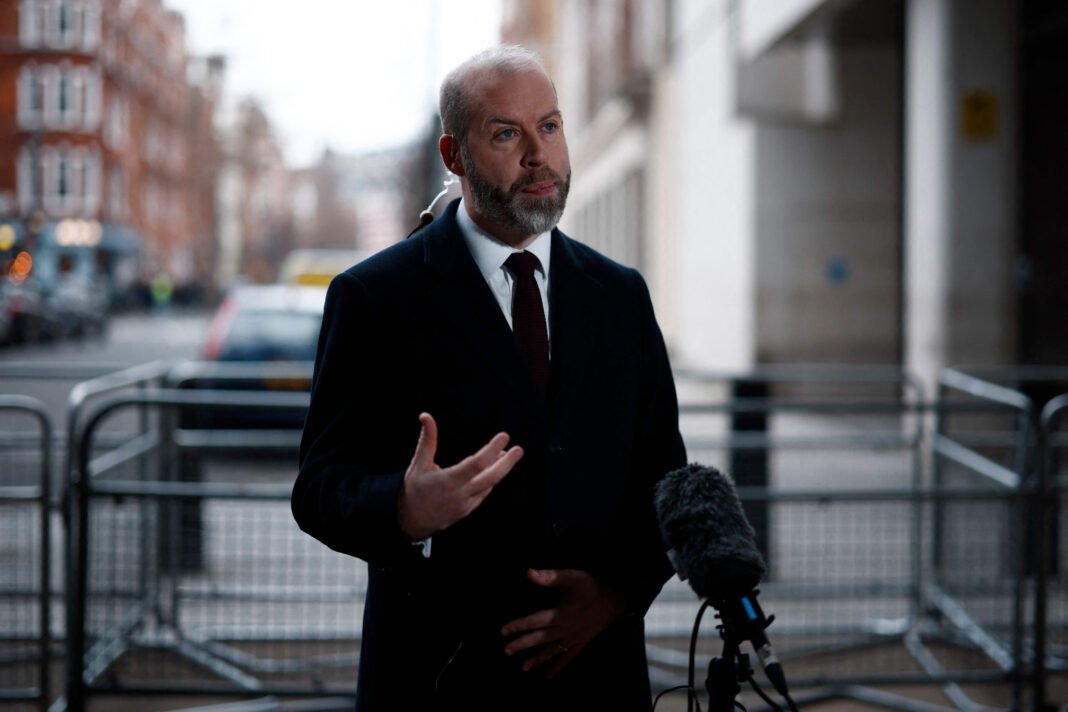UK ministers are set to relaunch negotiations with India this week, aiming to secure a multibillion-pound free trade agreement that they hope will help revitalise the UK economy. Business and Trade Secretary Jonathan Reynolds arrived in Delhi on Sunday for discussions with his Indian counterpart, Piyush Goyal, marking the beginning of the 15th round of trade talks.
The UK government paused negotiations in May following the announcement of the general election, but now, with Labour in power, Reynolds has made the deal a top priority. He emphasised the importance of a trade deal that will support British businesses by helping them cut costs, expand their operations, and grow their presence in the large Indian market.
Reynolds shared his determination to deliver a trade deal that businesses can benefit from, stating, “We’ve seen trade secretaries come and go, and while their efforts have been sincere, it’s no secret that British businesses have nothing to show for it in terms of a final product.” He is keen on ensuring British businesses can leverage a deal to access India’s vast market and unlock opportunities for growth.
During his visit, Reynolds and Goyal will visit BT India’s office in Gurugram, while investment minister Poppy Gustafsson is expected to engage with businesses in Mumbai and Bengaluru.
Saif Malik, CEO of Standard Chartered, highlighted the significant potential of the trade talks for businesses. “Whether it’s improved access to India’s growing consumer market, opportunities in manufacturing, infrastructure, and innovation, or collaboration in financial and professional services, the relaunch of trade talks can unlock even greater trade, investment, and prosperity across the UK-India corridor,” he said.
The UK and India are the sixth and fifth largest global economies, respectively, with a trade relationship valued at £41bn. India is projected to become the world’s third-largest economy by 2028, making it a crucial partner for the UK.
However, India has a reputation as a tough negotiator. The country recently signed a £79bn deal with the European Free Trade Association (EFTA) after 16 years of negotiations, showcasing the challenging nature of trade discussions. Former Prime Ministers Boris Johnson and Liz Truss both aimed to secure a trade deal with India, but both efforts failed to reach fruition. Under Prime Minister Rishi Sunak, negotiations reached an advanced stage but were halted due to the election call.
In the ongoing talks, the UK has pushed for lower tariffs on goods like cars and whisky, as well as increased access for British lawyers and financial services to the Indian market. On the other hand, India has requested faster and more straightforward processing arrangements for its companies sending workers to the UK. One of the key sticking points remains India’s concern over the national insurance contributions required of its citizens working temporarily in the UK on business visas, despite being ineligible for UK pensions or social security benefits.
Additionally, India has requested an exemption from the UK’s planned carbon border adjustment mechanism (CBAM), which would impose a tax on carbon-intensive imports, such as steel, glass, and fertilisers. India argues that, as a developing nation, it should be exempt from such a tax. A decision on this exemption would be controversial, as the CBAM aims to reduce emissions and support UK steel producers by ensuring a level playing field for industries facing lower or no carbon taxes in other countries.
In recent years, UK ministers have highlighted several successful British businesses expanding their operations in India. For example, companies like Radio Design, based in West Yorkshire, and the tech firm marcusevans group, have made substantial inroads into the Indian market. ApplianSys, a tech company based in Coventry, is also contributing to the growth of the UK-India trade relationship with its internet-based education services now being piloted in nearly 5,000 Indian schools.
Reynolds noted that sectors like technology and life sciences represent huge growth opportunities for the UK. The export of British tech and life sciences products to India is expected to generate tens of millions of pounds for the UK economy in the coming years.
The renewed negotiations with India are seen as a crucial step for the UK government in securing long-term economic benefits and strengthening trade ties with one of the world’s most rapidly growing economies.
Stay tuned to London Pulse News for more updates on the UK-India trade negotiations and the potential economic benefits they bring.


